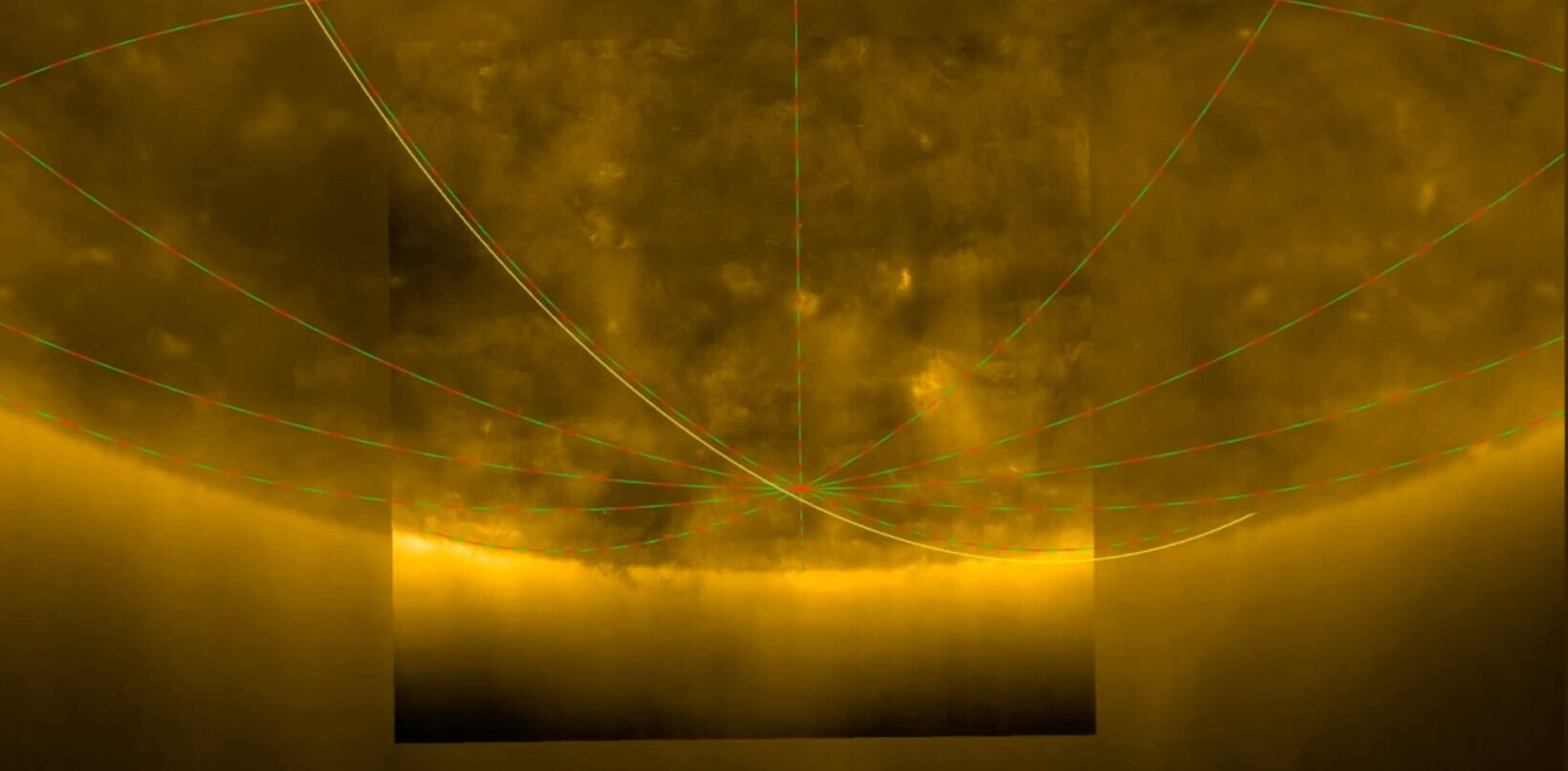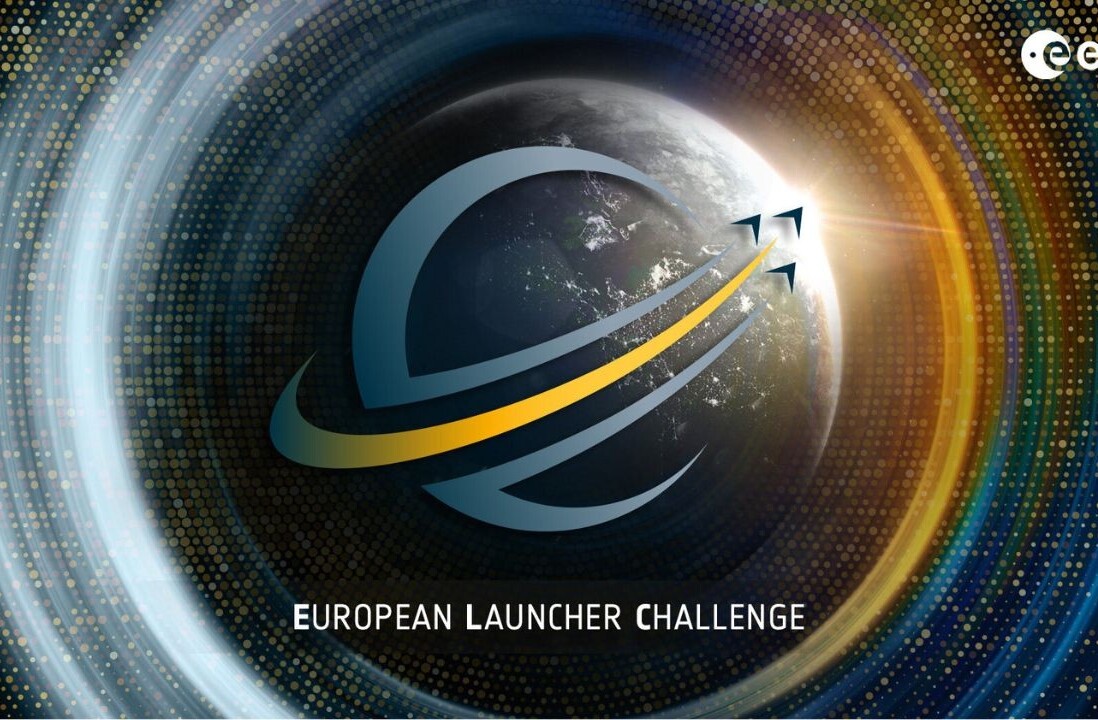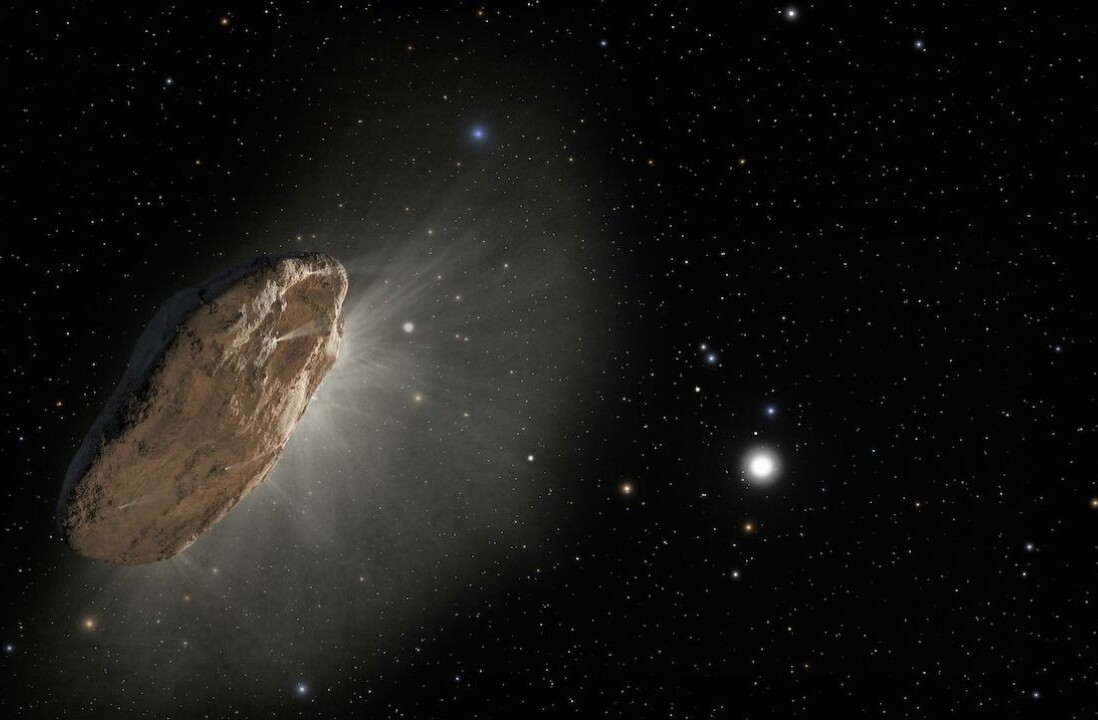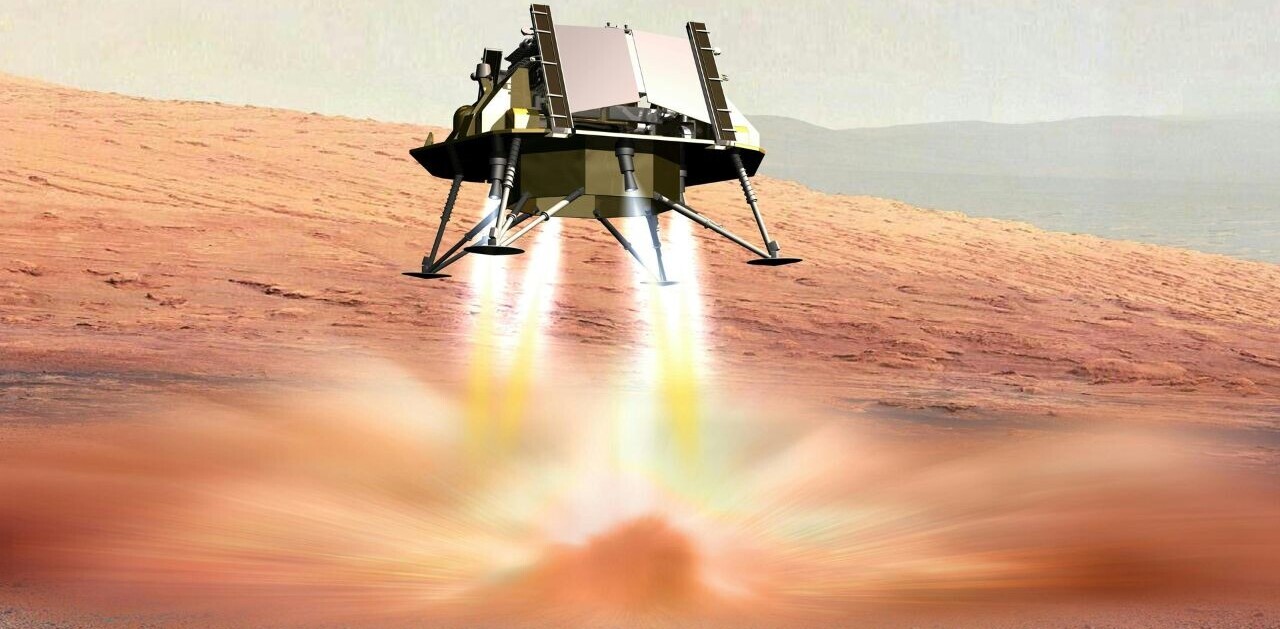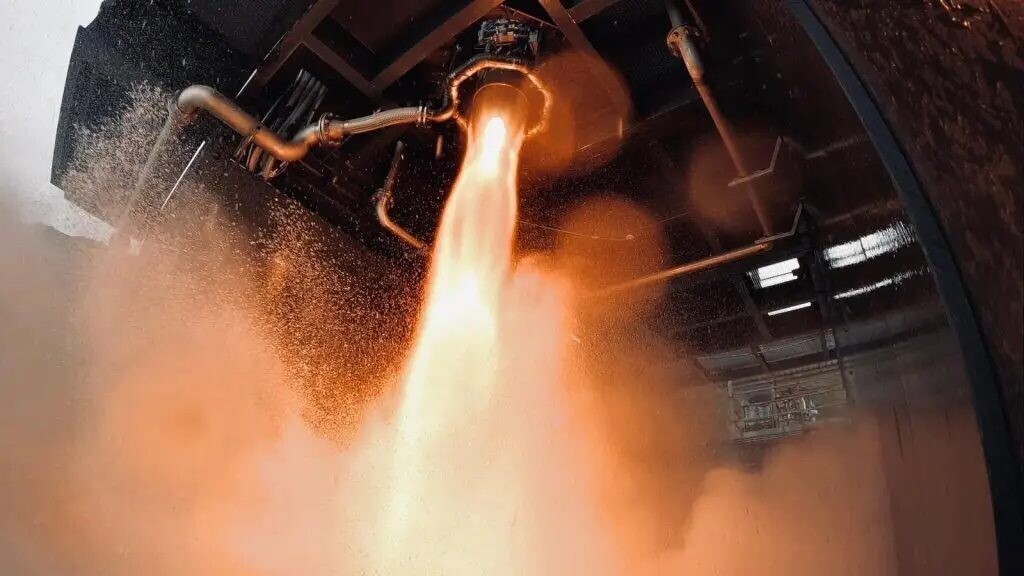
Edinburgh-based aerospace startup Skyrora announced yesterday it had commenced a series of full-duration tests of its updated 3D-printed 70kN engine.
The new design features an improved engine cooling chamber and can be built approximately 66% faster at a 20% cost reduction. It is meant to take the company closer to commercial orbital launch later this year from the SaxaVord Spaceport that is being developed on Lamba Ness in Unst, Shetland.
Skyrora says the tests will evaluate various parameters, such as life cycle and full operational envelope testing, while the engine runs for 250 seconds — the same time it will need to run to reach orbit.
The engine was printed on Skyrora’s Skyprint 2 — the largest hybrid printer of its kind in Europe — and fully developed through the company’s in-house capabilities. Skyrora, which has thus far raised £32.5mn (€38mn), also hopes to offer its Skyprint 2 to third parties, increasing its commercial offerings within the emerging private space market.
Skyrora XL preparing for launch
Once qualified through a collaboration with the National Manufacturing Institute of Scotland (NMIS), the new engine will act as a critical component on Skyrora’s XL 23-metre orbital vehicle.
The Skyrora XL is a three-stage light-class rocket intended to launch payloads into Sun-Synchronous Orbit (SSO) between a range of 500km and 1,000km in altitude. The 70kN engine currently undergoing testing is intended for the first, or the “boost” stage.
First-stage engines operate for a specified duration and then shut down once they have consumed their propellant. They are then typically jettisoned to reduce the weight and drag on the rocket, although some, like the SpaceX Falcon 9, have first stages that can perform controlled descent and landing for refurbishment and reuse in subsequent launches.
According to the company, it will be the first commercially qualified engine to use a closed-cycle staged combustion system running on a combination of hydrogen peroxide and kerosene.
Localising value chain
The tests are being performed at Skyrora’s facilities in Midlothian in the Scottish east-central Lowlands, bordering the City of Edinburgh, East Lothian, and the Scottish Borders.
“With our purpose-built rocket manufacturing and testing facilities in Scotland, we are proud to be localising as much of the launch value chain as possible,” said Volodymyr Levykin, CEO and founder of Skyrora.
We've officially commenced tests to qualify the updated design of our 70 kN engine for commercial use on #SkyroraXL! ?
Produced via our #Skyprint2 printer, the new model can be now be manufactured 50% faster at a cost reduction.
Learn more: https://t.co/YlU97QaRNb pic.twitter.com/ngEoOmi6UC
— Skyrora (@Skyrora_Ltd) June 19, 2023
Skyrora has received support from the European Space Agency (ESA) and its Boost! Programme, and the agency states it will continue to assist the company’s efforts for “the benefit of a competitive space sector in Europe.”
Turning the trend on rocket launches from UK soil?
It’s been a turbulent past year for UK private space launches. Skyrora’s first attempt to launch a rocket in October last year ended with its 11-metre long single-stage suborbital Skylark L vehicle crashing into the sea, 500 metres from its launch pad on the Langanes peninsula in Iceland.
However, the unsuccessful launch has not proved as detrimental to the company as the failure of Virgin Orbit’s horizontal launch of the LauncherOne, strapped under the wing of a converted Boeing 747 called Cosmic Girl. The disappointing end to the mission that took off from Cornwall in January this year led to the Virgin Galactic spin-off filing for bankruptcy and beginning selling off its assets a few months later.
Overall, the number of rocket launches is picking up globally. In 2022, there were 40 more launches than the year before, and double the number from five years prior. While there were some failures, a record 180 rockets lifted off the earth successfully. The statistics were dominated by rockets from Elon Musk’s SpaceX and Chinese government and businesses.
Get the TNW newsletter
Get the most important tech news in your inbox each week.
